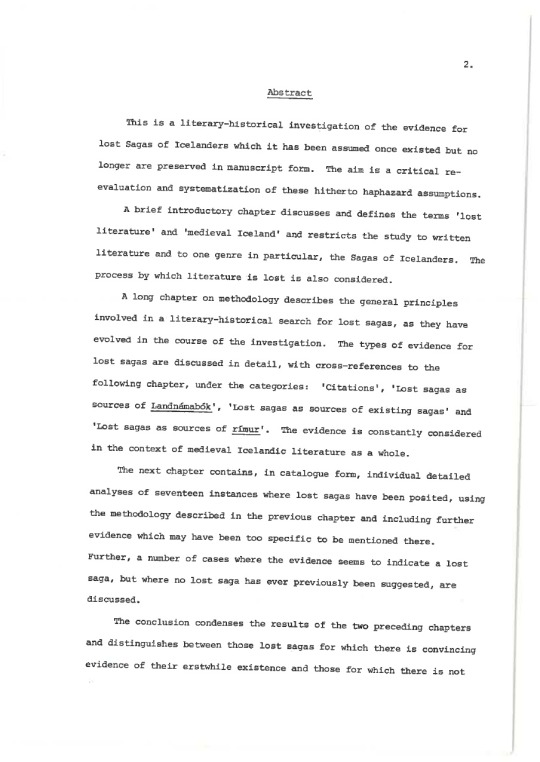#early middle ages
The Lost Literature of Medieval Iceland

The Lost Literature of Medieval Iceland: Sagas of Icelanders Judith Jesch PhD Thesis, University College London (1984). Click here to read this thesis at Academia.edu
The Anglo-Saxon kingdoms 600–900 and the beginnings of the OldEnglish state
The Anglo-Saxon kingdoms 600–900 and the beginnings of the OldEnglish state Barbara Yorke There has, of course, been much debate about the validity and desirability of using the term ‘state’ in amedieval context. Measurements of medieval statehood against definitions of the modern ‘nationstate’ inevitably fail – even classical ‘states’ fail to measure up to such modern definitions. Earlier states…
Scyld Scyldinga: Intercultural innovation at the interface of West and North Germanic
Scyld Scyldinga: Intercultural innovation at the interface of West and North Germanic Carl Edlund Anderson While many agree that Scyld in Beowulf was back-formed from Scyldingas, the context in which thisoccurred is rarely discussed. It seems frequentlyassumed that Scyld was created in Denmark andexported to England along with the name Scyldingas. However, the way that names and terms…
The Varangian legend: testimony from the Old Norse sources
The Varangian legend: testimony from the Old Norse sources Sverrir Jakobsson In the eleventh century there existed, within the great army of the Byzantine empire, a regiment composed mainly o soldiers from Scandinavia and the Nordiccountries. This regiment was known as the Varangian Guard (tagma tōn Varangōn).The purpose of this paper is to assess the impact the existence of this regiment had…

Old English Psalms Edited and translated by Patrick P. O’Neill Dumbarton Oaks Medieval Library 42 The Latin psalms figured prominently in the lives of the Anglo-Saxons, whether sung in the Divine Office by clerics, studied as a textbook for language learning by students, or recited in private devotion by lay people. They were also translated into Old English, first in prose and later in verse.…

Andreas: an Edition Edited by Richard North and Michael Bintley This is the first edition of Andreas for 55 years, also the first to present the Anglo-Saxon, or rather Old English, text with a parallel Modern English poetic translation. The book aims not only to provide both students and scholars with an up-to-date text and introduction and notes, but also to reconfirm the canonical merit of…
Brazilian journal SIGNUM, issue 16.3: “Readings on Medieval Scandinavia” [Port. & Eng.]…

Leituras da Escandinávia Medieval [Readings on Medieval Scandinavia] Lukas Gabriel Grzybowski (org.) Signum v. 16, n. 3 (2015) Special issue of the journal of ABREM – Associação Brasileira de Estudos Medievais / Brazilian Association of Medieval Studies. Click the title of the article or click the image to read this issue of Signum. Articles: A ESCANDINÁVIA NA IDADE MÉDIA EM SUAS MÚLTIPLAS…
The Vikings on the Continent in Myth and History
The Vikings on the Continent in Myth and History Simon Coupland History, Volume 88, Issue 290 (2003) The Vikings have a bad reputation, and it was no different on the Continent in the middle ages where they were regularly portrayed as brutally cruel, devilishly cunning and of superhuman stature. This article examines the evidence for the Vikings’ supposed cruelty, cunning and remarkable height…
the fact that emperor justinian I and his wife theodora believed in competing versions of christianity is already extremely funny to me, but it becomes even funnier when you learn that they sent competing missionaries to nubia to see whose version of christianity would get there first like some sort of fucked up evangelization romcom
